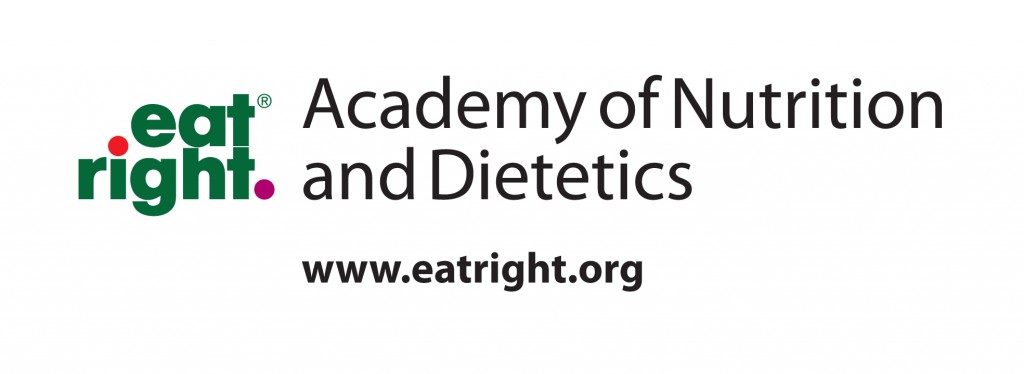The AND seems to be proving its own lack of credibility by endorsing Kraft Singles—and then claiming it’s not actually an endorsement. State-based Action Alerts!
Last week, the New York Times reported [1] that Kraft Singles—the individually wrapped slices of “cheese product” popular in school lunches—were the first product to boast the AND’s new “Kids Eat Right” label.
The label is part of a wider AND initiative [2] to promote children’s health, because the Academy of Nutrition and Dietetics knows that “kids need a quality diet of the right foods to optimize their growth and development and to maintain a healthy weight.” It would appear that Kraft Singles are part of that “quality diet.” The AND’s website explains, “Our expertise is the reason we must become more involved to improve the lives of generations to come.”
The AND claims [3] it is not promoting Kraft Singles, but merely increasing the visibility of their Kids Eat Right campaign by partnering with Kraft, which has given the AND an undisclosed sum of money. But everyone, including registered dieticians (RDs) who are members of the AND, sees this for what it is: an implied endorsement.
If your mind is reeling from the glaring disconnect between statements like “improving the lives of generations to come” and its official support of a product that cannot legally be called cheese, you aren’t alone. Not only did the story make headlines, it was also picked up by The Daily Show [4], where host Jon Stewart quipped, “The AND is an ‘Academy’ in the same way that Kraft Singles are ‘cheese.’”
Since the story hit, there has been a whirlwind of backlash, and the AND is now reconsidering its partnership with Kraft [5]. But regular readers will recognize the AND’s endorsement as being just the tip of the iceberg. The Associated Press recently broke a story [6] showing how dietitians were promoting small cans of Coca-Cola as a snack.
While this is certainly troubling, it wouldn’t be as big an issue if the AND wasn’t pushing as hard as it is for a monopoly over the practice of nutrition at the state level.

